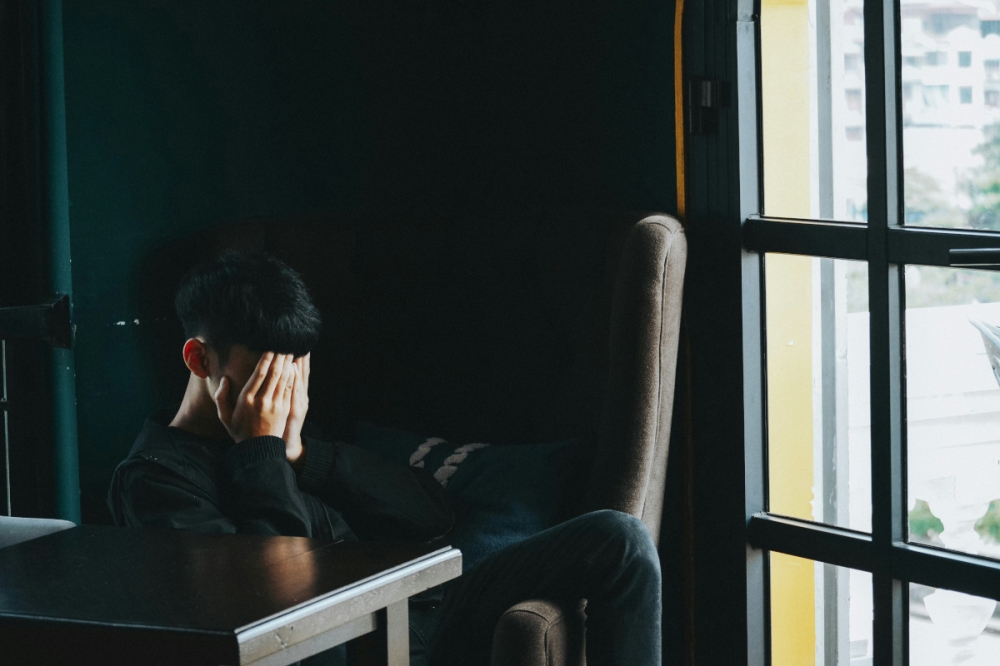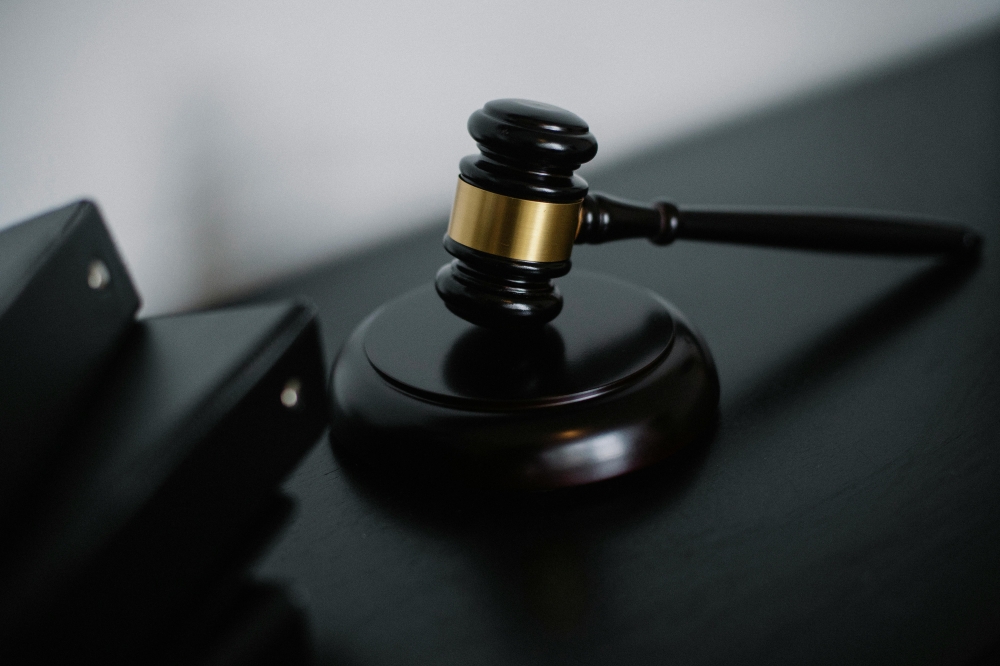JULY 21 — We all make mistakes. Some big, some small. But now, thanks to social media, a single wrong move can become a viral moment—and sometimes, it ruins lives. That’s the reality of cancel culture.
At first, cancel culture seemed like a good thing. It gave power to the people. When big celebrities or companies did something offensive or harmful, they were finally held accountable.
No more sweeping things under the rug. It felt like justice.
But somewhere along the way, cancel culture stopped being about accountability. Now, it often feels more like public punishment. Social media acts like judge and jury, with millions of people piling on, calling names, and demanding consequences—without context, without facts, and most importantly, without compassion.
And it’s not just celebrities anymore. It’s random people, too. Regular folks caught on camera during a bad moment. Like that schoolboy who once ate on the MRT train. He was probably hungry, maybe just had a long day, and made a small mistake. But someone decided to film him, post it, and let the internet chew him up.
His face and actions were shown to thousands—maybe millions. All because he brought food on public transport.
He’s a teenager. A kid. Not a criminal. But people online don’t care. They just want something to be angry about.
This is the scary part of cancel culture. It makes us forget that the people we’re attacking are human. They have feelings, families, and personal struggles we’ll never know. It turns the internet into a place where people feel afraid to speak, afraid to act, afraid to be imperfect.
Of course, some actions deserve to be called out. Racism, abuse, corruption—those things shouldn’t be ignored. But there’s a big difference between calling something out and tearing someone down. Accountability means giving people a chance to understand, apologize, and grow.

The scary part of cancel culture is that it makes us forget that the people we’re attacking are human with feelings, families, and personal struggles and the internet into a place where people feel afraid to speak, afraid to act, afraid to be imperfect. — Unsplash pic
Cancel culture doesn’t always leave space for that. It’s more like, “You messed up. You’re done. Forever.”
And what message does that send? That people can’t change? That one mistake defines your whole life?
Even worse, cancel culture can silence important conversations. People stop sharing opinions or asking questions out of fear they’ll say the wrong thing and be “cancelled.” It creates a culture of fear instead of one of learning. And when we’re too scared to talk, how can we grow?
The media plays a huge role in this too. News outlets love stories that spark outrage. Headlines are designed to grab attention, not to explain. And when a person is being dragged online, the media often joins in instead of helping people understand the full story. The more clicks, the better. But at what cost?
We need to start bringing empathy back into the conversation. Before we share that video, before we comment on something cruel, before we hit repost—ask: Who is this person? What’s the full story? Are they really a villain, or just someone who made a mistake?
Social media is powerful. It can expose injustice, uplift voices, and create change. But when it’s used to destroy instead of educate, to shame instead of understand, we all lose.
Everyone deserves a second chance. Everyone deserves to be seen as more than their worst moment.
So maybe instead of cancelling people, we start teaching. Listening. Forgiving. Because a kinder internet starts with each of us choosing empathy over outrage.
*The author is an undergraduate student of Universiti Malaya, taking an elective university course entitled “Introduction to Journalism and Storytelling in Digital Age”, and may be contacted via [email protected]
** This is the personal opinion of the writer or publication and does not necessarily represent the views of Malay Mail.






